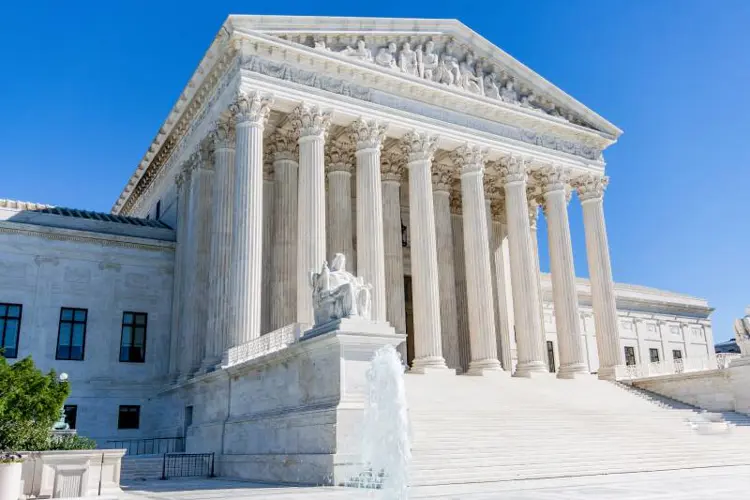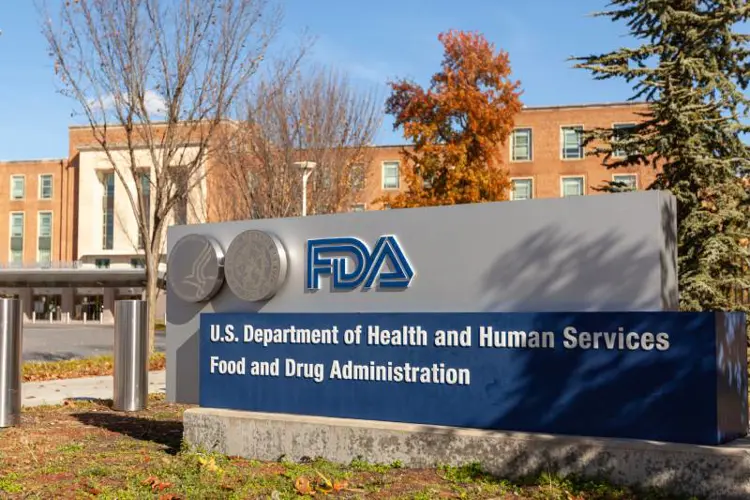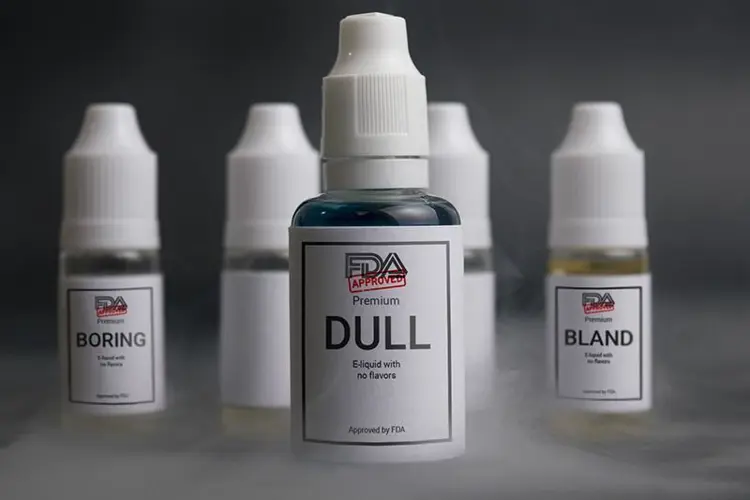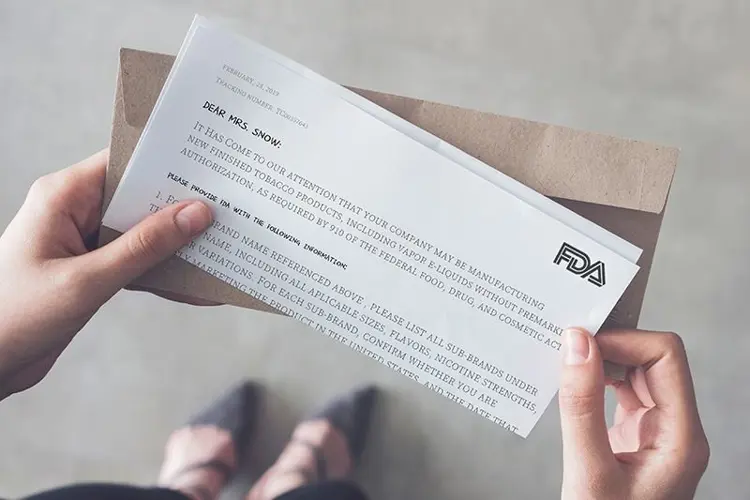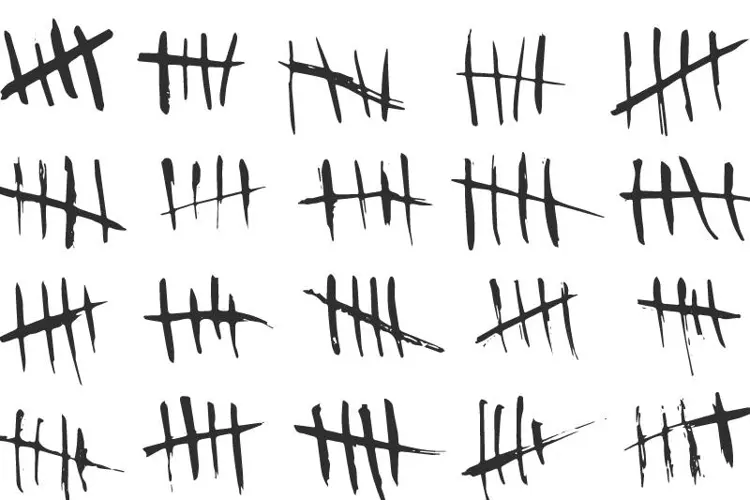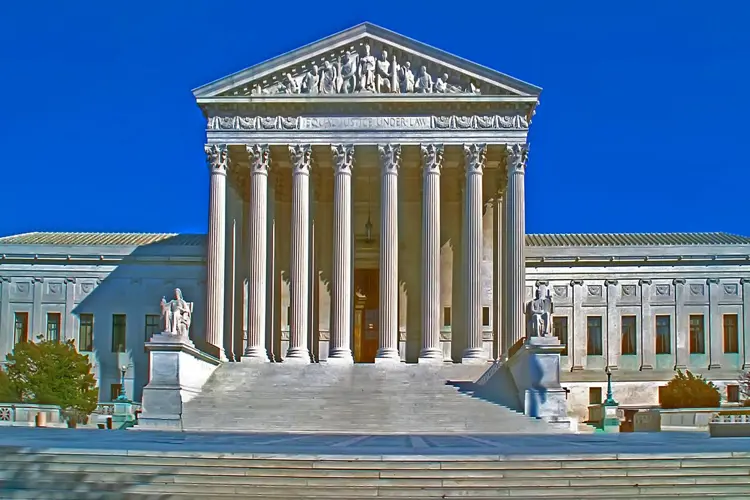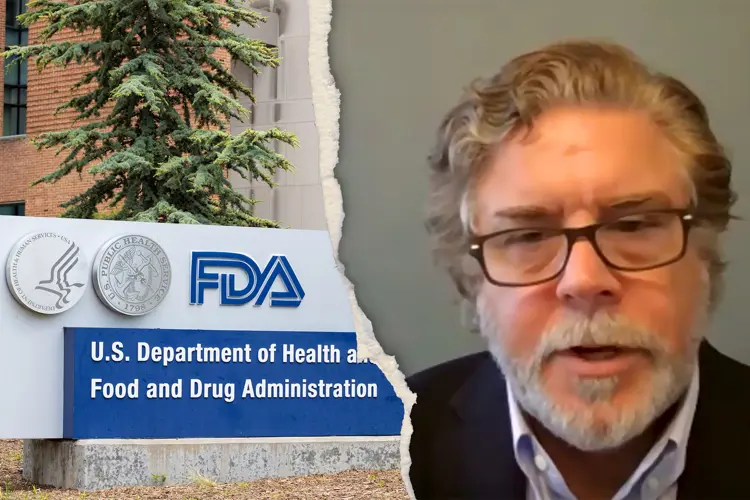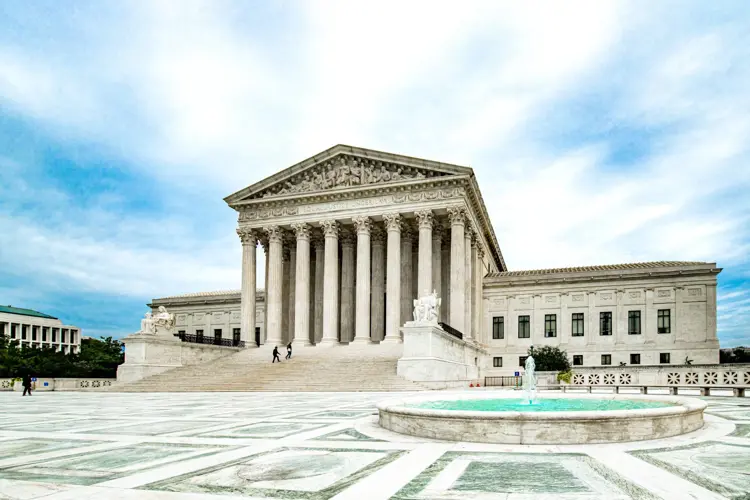Last week the FDA sent 42 letters to vape manufacturers and importers asking for evidence that their products meet FDA’s marketing requirements. As mandated in the agency's Deeming Rule, manufacturers or importers must have proof that products were marketed in the United States before Aug. 8, 2016.
Any product entering the market after that date must receive marketing approval from the FDA. No company has received such approval, and no vaping company has even applied.
Nicopure Labs, maker of industry leader Halo e-liquids, received a letter from the FDA, asking for proof that the company’s Ultra Nic Salts products follow FDA marketing requirements.
“Although FDA has extended the compliance deadlines for the premarketing requirements for deemed products, FDA’s compliance policy applies only to those deemed products that were on the market as of August 8, 2016,” says the FDA letter to Nicopure. “FDA has received complaints that Nicopure Labs LLC may have first commercially marketed Halo Nic Ultra Salts in the United States after August 8, 2016.”
Other major manufacturers receiving letters were Joyetech and Sigelei Vape (both Chinese companies with offices in the U.S.), and e-liquid maker Space Jam. All three received inquiries about pod devices. Two importers received letters about their marketing of three different SMOK pod devices (Fit, Infinix, and Rolo Badge). Because SMOK has no U.S. business presence, importers are responsible for following the rules that would apply to domestic manufacturers.
For unknown reasons, a letter was sent to the small manufacturer of extra doors and door accessories for high end mods like the Billet Box. The agency requests information about plugs that are used in the aluminum doors of these mods. Clearly, the FDA lawyers simply picked some things on the internet that struck their fancy — since no child has been “addicted to nicotine” by a fancy door (or a delrin plug) for a $200 mod.
Most of the other letters are aimed at pod vapes and nicotine salt e-liquid. Both kinds of products were popularized by the JUUL, which was brought to market more than a year before the marketing deadline. However, it is widely assumed that many or even most of the pod vapes and nic salt e-liquid that has come to market in the last two years is not compliant with the restrictions set forth in the Deeming Rule.
You can see a complete list of the vape companies that received letters, and the products the FDA cited, at the bottom of this article.
The FDA contends that JUUL and other “USB drive-shaped” pod devices are uniquely attractive to adolescent vapers, and that these products have led to and fueled a “teenage vaping epidemic.” The agency is in the process of finalizing rules that will ban the sales of flavored vape products in retail outlets like convenience stores that do not verify ID at the door. The FDA is also creating separate rules that could restrict or ban e-liquid flavors.
We reported last year that the FDA has been training inspectors of retail “tobacco products” outlets to verify that products meet the 2016 deadline. The agency set aside $23 million for contracted inspections over five years. But many of the companies cited by the FDA last week required no research at all. The FDA simply copied and pasted the information from patent complaints filed last October and November by JUUL Labs. JUUL actually showed when some of these rival products came to market in their legal filings.
As he has done lately in interviews and on Twitter, FDA Commissioner Scott Gottlieb’s public statement on the enforcement actions included an implied threat to impose additional restrictions on vape products in the name of protecting children.
“We’ll also be sharing additional planned policy changes and actions soon,” said Gottlieb. “I still believe that e-cigarettes present an important opportunity for currently addicted adult smokers to transition off combustible products and onto nicotine delivery products that may not have the same level of risks associated with them. But if these trends of youth e-cigarette use persist, we’ll be forced to consider regulatory steps that could constrain or even foreclose some of the opportunities for currently addicted adult smokers to have the same level of access to these products in order to protect youth.”
The FDA goes after Walgreens too
The FDA also announced that Commissioner Gottlieb has sent a letter requesting Walgreens executives meet with FDA to explain the company’s sales of tobacco products to underage buyers. Walgreens has been specifically called out by the commissioner for having a high failure rate on compliance inspections.
The huge pharmacy chain has also been the subject of a pressure campaign aimed at forcing Walgreens to stop selling tobacco products. That effort has been led by the Truth Initiative and other tobacco control organizations, many of whom receive funding from CVS, which would be the biggest winner if its largest competitor Walgreens no longer sold tobacco. CVS stopped selling tobacco products in 2014, and would clearly prefer Walgreens not maintain that competitive advantage.
In some areas, Walgreens may be the only outlet for low-risk vapor products. This is especially true and poor and minority communities, where vape shops are uncommon. If Walgreens were to stop selling e-cigarettes, these customers may not be able to find them near their homes.
Complete list of vape companies receiving FDA letters:
- 7 Daze, LLC – ZOOR
- Access Vapor, LLC - Cali Pods and Delicious Pods
- Al Khalifa Group, LLC (MK Vape) - SMOK INFINIX and SMOK FIT
- All Access Vapor LLC - All Access Vapor E-liquids
- American Vapor Group - Airbender Pods
- Blue Dot Vapors - Nic Salts
- Cool Pods, LLC - COOL pods
- DripTip Vapes LLC - ATOM PODS and mngo PODs
- ECBlend, LLC - MATE1
- Eparticles.Co. - Salteez Pods
- ePuffer International Inc. – XPOD
- Ethos Vapors, LLC - Ethos Vapor Candy Treats
- Fuma Vapor Inc. - FUMA Pods
- Ghost Pods LLC - Ghost Pods
- GRIPUM LLC - Skippermilk Pie
- Hold Fast Vapors Inc. - Air Factory E-liquids
- Holy Smokes - Holy Smokes Pods
- Ikrusher Inc. - ALD POD Systems
- Joyetech USA Inc. – TEROS
- Kilo E-Liquids, Inc. - Kilo E-Liquid 1K Device
- Lan & Mike International Trading Inc.(Vapor DNA) - Vapor Storm Stalker
- LCF Labs, Inc. - Zalt Pods
- Limitless Accessories, Inc. - Unique Pods and NicoTech Pods
- Maduro Distributors Inc. (The Loon) - Loon Pods and Loon Pod Starter Kit
- Madvapes Holdings, LLC - Madvapes E-Liquids
- Midwest Distribution Illinois US - Edge Pods, J-fit Pods, and Mr. Fog Pods
- MK Distributors, Inc. - SMOK Rolo Badge
- Modern Vapor Co. - Caesar Pods
- Mums Fantasy Factory, LLC - G10 PLUG and DELRIN PLUG
- Nicopure Labs LLC - Halo Nic Ultra Salts
- Parallel Direct LLC (The Magic Mist) - Magic Mist PODS
- Plus Vapor Co. - Plus Pods
- Pure Cigs LLC - JEMM Pods
- Purilum LLC - BANTAM Strawberry E-liquids
- Sigelei Vape, Inc. - KADO STEALTH
- Space Jam Juice LLC - THE BYRD
- Spark Industries, LLC. (Cig2O) – STIK
- Texas Smoke Accessories/Luxury Lites - Carbon Pods
- Twist Vapor Franchising LLC - sea100 Pods
- Vapers & Papers, LLC - 3X Pods
- Vapor 4 Life Holdings, Inc. - Viv Pods and BOMBZ Pods
- Vaportronix, LLC - VQ Pods
The Freemax REXA PRO and REXA SMART are highly advanced pod vapes, offering seemingly endless features, beautiful touchscreens, and new DUOMAX pods.
The OXVA XLIM Pro 2 DNA is powered by a custom-made Evolv DNA chipset, offering a Replay function and dry hit protection. Read our review to find out more.
The SKE Bar is a 2 mL replaceable pod vape with a 500 mAh battery, a 1.2-ohm mesh coil, and 35 flavors to choose from in 2% nicotine.
Because of declining cigarette sales, state governments in the U.S. and countries around the world are looking to vapor products as a new source of tax revenue.
The legal age to buy e-cigarettes and other vaping products varies around the world. The United States recently changed the legal minimum sales age to 21.
A list of vaping product flavor bans and online sales bans in the United States, and sales and possession bans in other countries.







